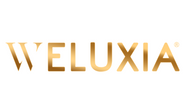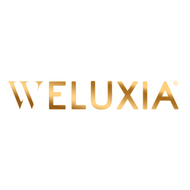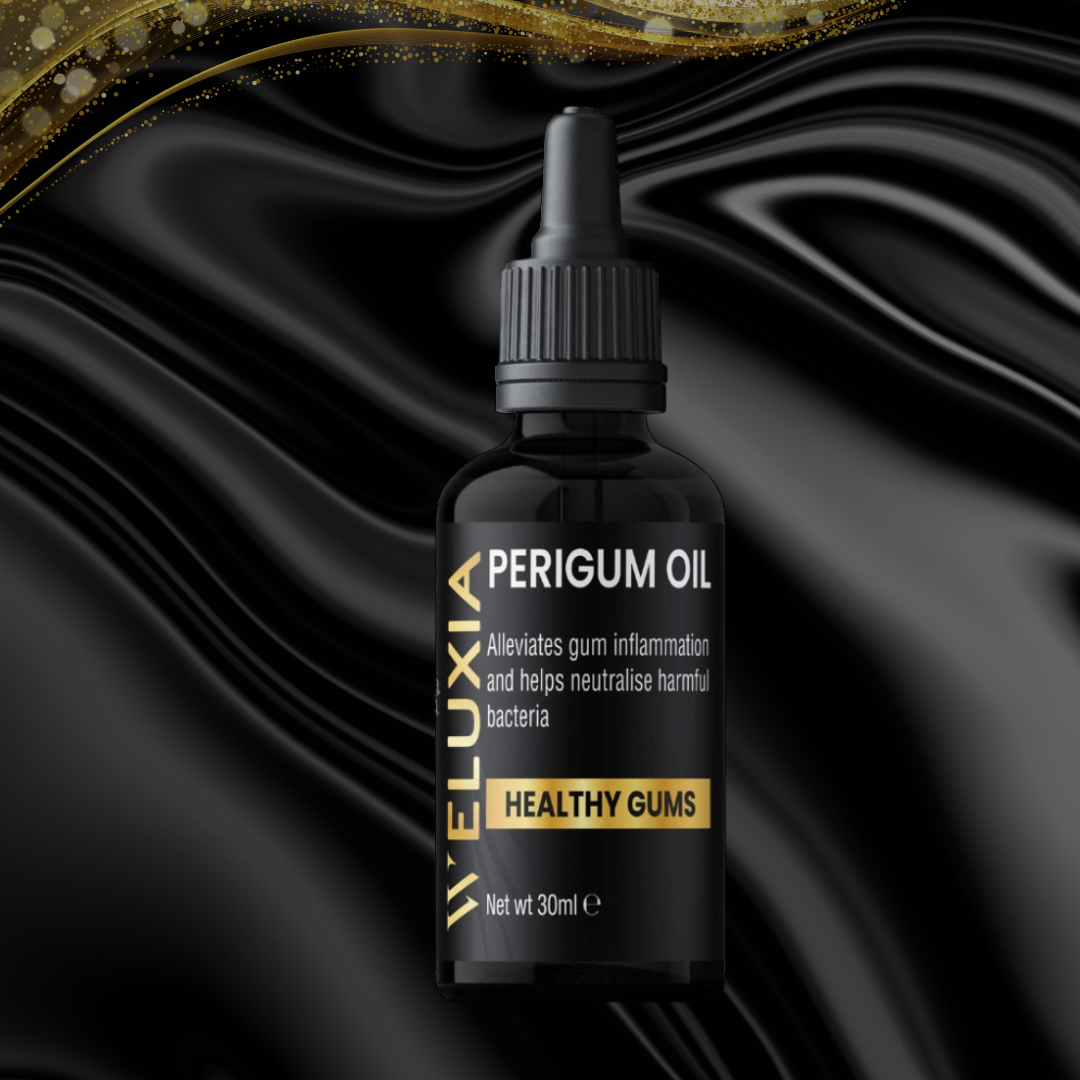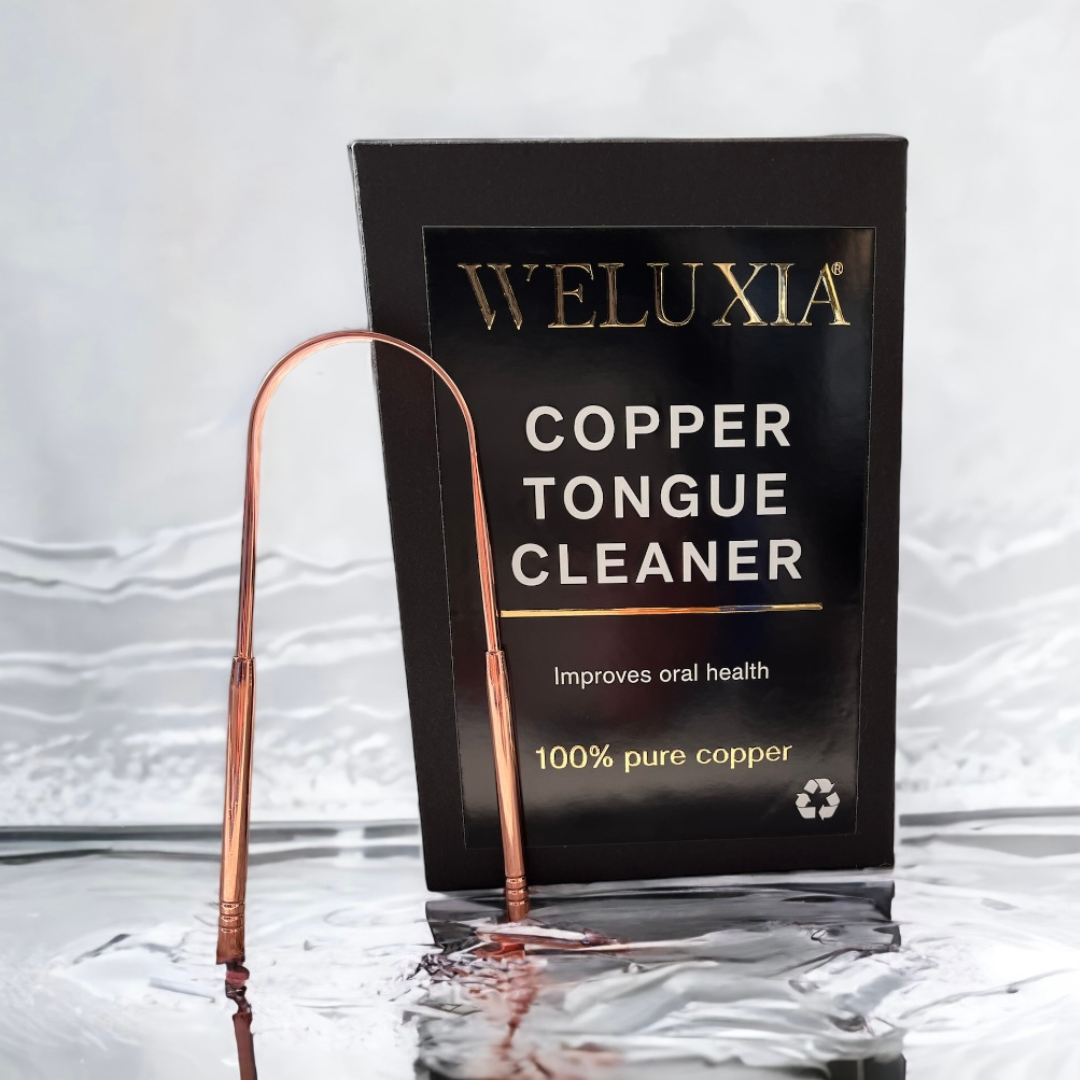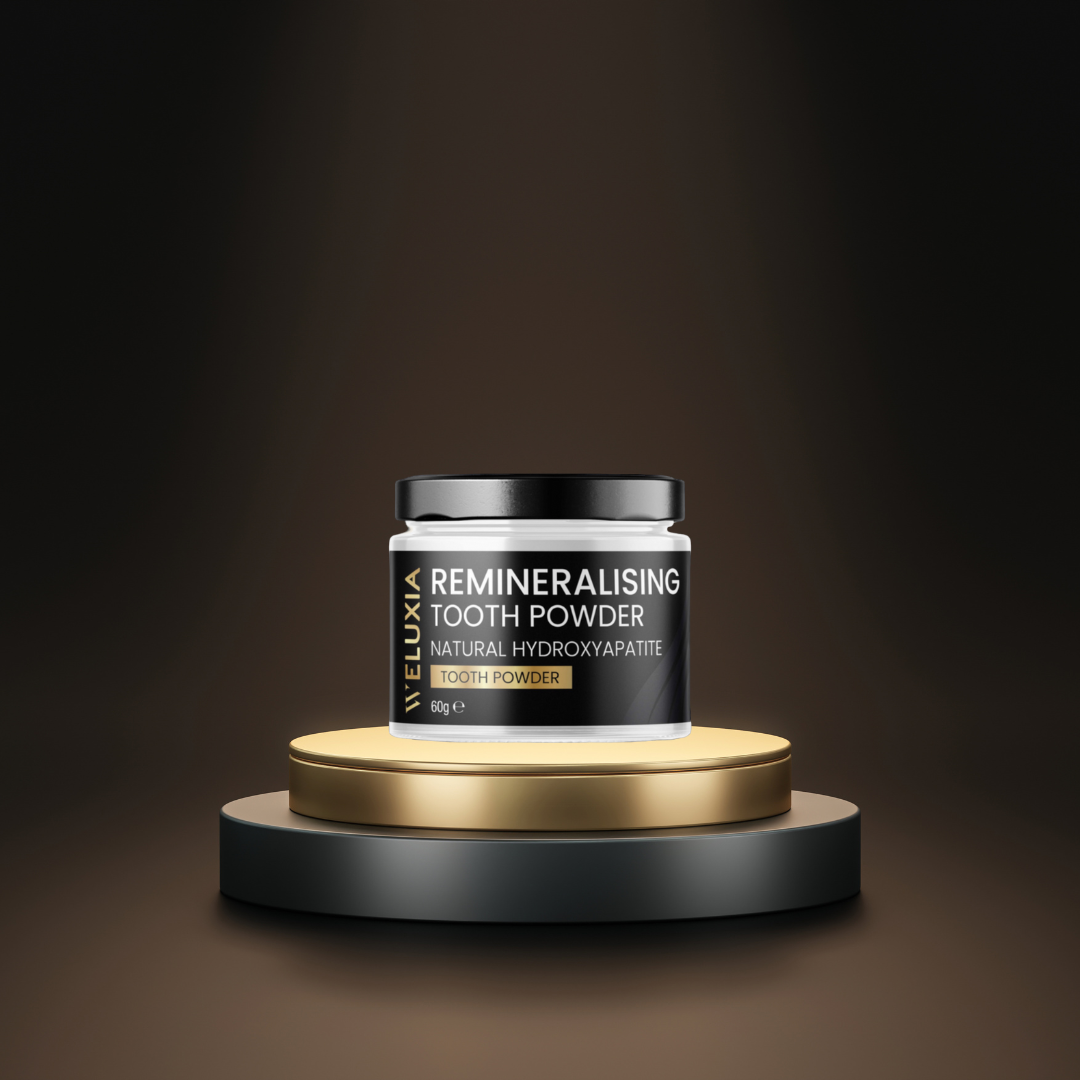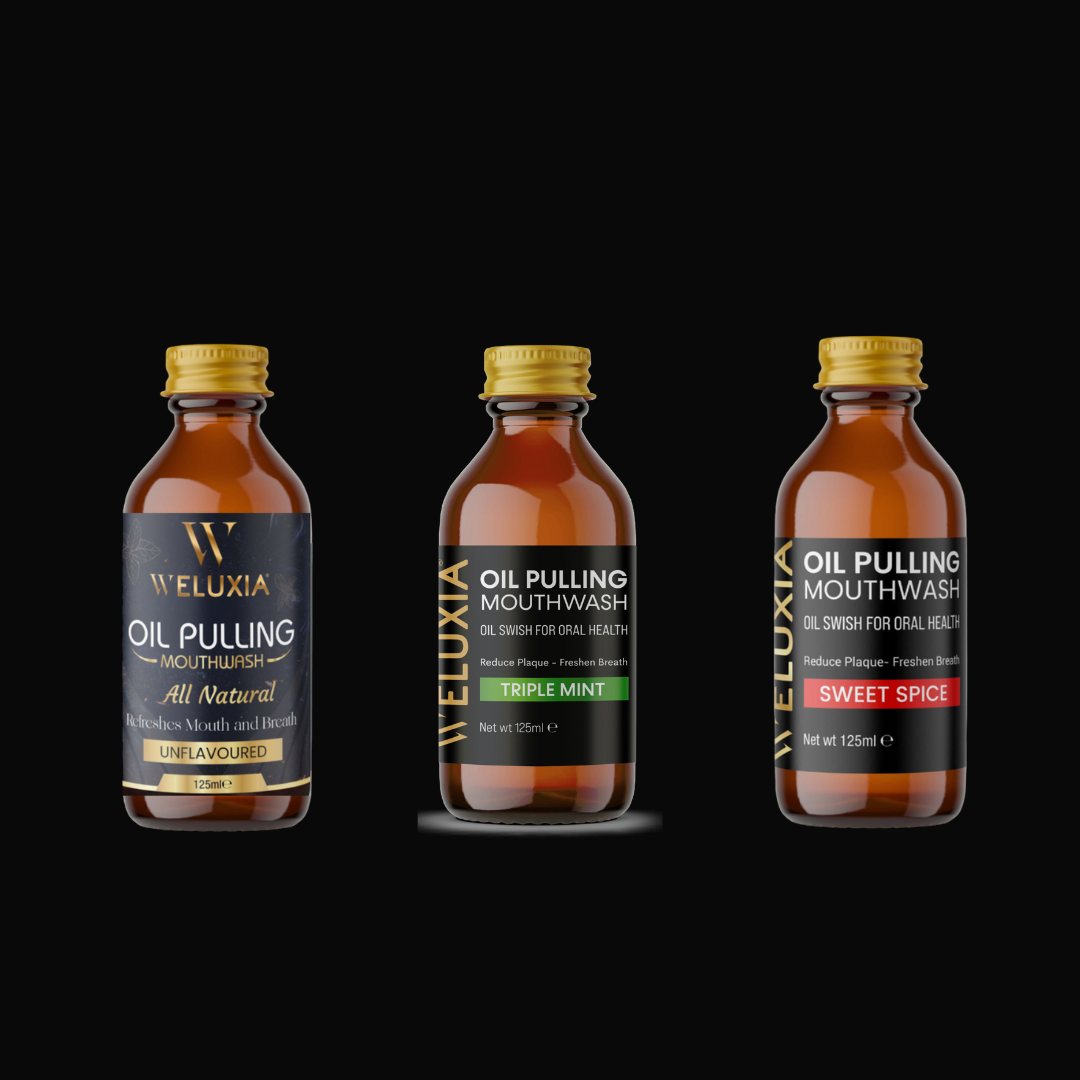Miswak Stick
Did you know the miswak stick comes from the Salvadora persica tree? It's been used for oral hygiene for centuries worldwide.Often called the "chewing stick" or "toothbrush tree," it has a deep history rooted in Islamic traditions. This includes the teachings of Prophet Muhammad.
Today, as people look for natural and sustainable dental care, the miswak is getting more attention. It offers a unique, ancient way to keep teeth and gums healthy.
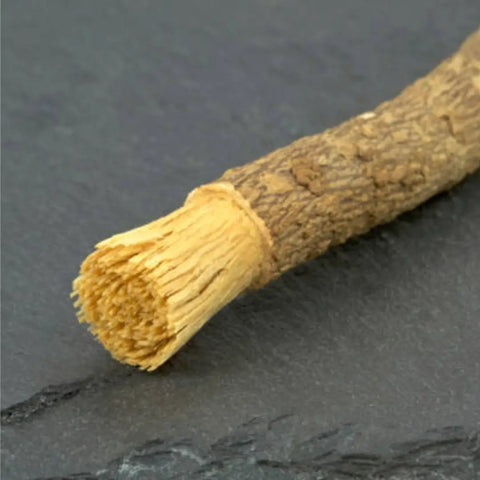
What is a Miswak?
The miswak is a natural toothbrush from the Salvadora persica tree. It's also called the "toothbrush tree." This tree comes from the Middle East, North Africa, and the Indian subcontinent's parts. The miswak has been a part of oral hygiene for many centuries. People there use this natural stick to clean their teeth.
Derived from the Salvadora Persica Tree
The Salvadora persica tree naturally fights bacteria, which is great for our mouths. Research has found that miswak stops bad oral bacteria. This includes those causing gum disease and tooth decay. The miswak's benzyl isothiocyanate strikes especially hard against harmful bacteria.
A Traditional Oral Hygiene Tool
For hundreds of years, those in Muslim areas have used the miswak for their teeth. It is a simple, cheap, and easy-to-get tooth cleaner. Unlike common toothbrushes, miswak quickly fights off bad bacteria that harm our teeth. It has been proven to limit the growth of the bacteria that cause tooth decay.
"The miswak is still commonly used in the Middle East, North Africa, Central and Southeast Asia, and is considered to be the first documented form of dental hygiene."
The Science Behind Miswak
Antibacterial and Antimicrobial Properties
Miswak comes from the Salvadora persica tree, known for its oral health benefits. Studies show that it's great at fighting bacteria, keeping our mouths healthy. For instance, Al-Obaida et al. found that a 20% miswak extract killed harmful bacteria Sofrata et al. confirmed miswak's antibacterial power against diseases like periodontitis and cavities. This is because of special compounds in the plant, like benzyl isothiocyanate and fluoride, that fight germs.
Comparative Studies with Conventional Toothbrushes
Research has compared miswak to regular toothbrushes for cleaning teeth. Wu et al. saw that miswak sticks worked well for cleaning in 2001 Patel et al. in 2012 showed miswak can help with gum health. Some studies suggest it's even better than a traditional toothbrush at preventing cavities and gum diseases.
Miswak's natural bristles and abrasiveness help clean teeth effectively.
Darout et al. in 2002 noticed a link between using miswak in Sudan and better oral health. Al-Otaibi et al. found in 2004 that miswak can make subgingival plaques cleaner than regular brushes. Sofrata et al. in 2011 pointed out miswak's ability to fight certain bacteria.
"Miswak roots contain fluoride and gallotannins, which inhibit the growth of oral pathogens like Streptococcus mutans."
Clinical studies compared miswak and toothbrushes. Miswak was better for oral health by increasing saliva and cleaning teeth.
When combined with a toothbrush, miswak improved cleaning more than a toothbrush alone.
Miswak also works well against fungi and can make teeth whiter than regular toothpaste.
Miswak's phytochemicals fight against plaque and bacteria. A mouth rinse comparable to miswak was as good as a regular mouthwash in reducing plaque. Miswak mouth rinse did better at cleaning teeth than many synthetic rinses.
The science shows that the miswak stick is a powerful, natural tool for oral health. It's great for fighting bacteria and keeping our mouths clean.
Miswak vs Oral Disinfectants
Miswak is an ancient, natural tool for oral hygiene. It's been thoroughly researched for its ability to fight germs. Studies found that miswak kills bacteria but not as well as some man-made oral disinfectants.
Chlorhexidine mouth rinses are best at killing bacteria. Miswak doesn't kill as much bacteria as these mouth rinses do. But, some worry about the safety of man-made disinfectants. This makes miswak a natural and possibly safer option.
Miswak fights plaque, gum disease, and tooth decay. It also helps gums heal and makes teeth whiter. Because it's easy to find, cheap, and simple to use, many people in poorer countries use it.
Man-made disinfectants kill germs better. But, their safety is in question. This has led to more interest in things like miswak. We're learning more about what makes miswak good for our teeth. People in the health field and regular folks are starting to see the benefit of using this old but effective dental care item.
Chemical Composition of Miswak
The miswak comes from the Salvadora persica tree, famous for its great antimicrobial power and help for oral health. This is because of the unique mix of chemicals in the plant. Miswak is rich in special compounds like salvadorine and benzylisothiocyanate. These, along with other phytochemicals, help keep our teeth clean.
Studies show miswak contains many helpful compounds. The tree's roots and bark have 27% ash and alkaloids. They also have important things like vitamins, fluoride, tannins, and sterols. Benzylisothiocyanate (BITC), a vital compound, fights off viruses and harmful bacteria.
Miswak has lots of fluoride, calcium, and phosphorus that make teeth stronger and fight decay. Its extract stops the growth of Candida albicans, which causes many oral problems. This plant is also great at killing various harmful bacteria.
The key to miswak's dental benefits is its special chemical mix. Knowing about the plant's compounds helps us see its oral care potential.
Forensic Applications of Miswak
The miswak stick, used for oral hygiene, is in the spotlight for its role in forensic science. Researchers are looking into whether miswak can be a DNA source for forensic use, like toothbrushes.
In 2016, a study showed that used miswak sticks can give DNA for profiling. They found it has enough DNA for good profiling results, even after four months of storage. This means miswak can provide crucial evidence in solving crimes.
Using miswak for DNA profiling fits the new trend of seeking alternative DNA sources. Not just miswak, but used toothbrushes and oral mucosal cells are also effective for DNA collection.
Forensic science is moving towards more varied evidence, like miswak, for detailed investigations. Extracting DNA from miswak opens new doors for forensic science and bolsters case evidence chains.
"Miswak in forensic science is a blend of old customs and new scientific methods, highly promising for the future."
Research on miswak's forensic uses shows great promise. It could revolutionize how we investigate crimes and identify people.
Religious Significance of Miswak
The miswak is a traditional tool for oral hygiene with deep meaning in Islam. Many hadiths of Prophet Muhammad highlight its value. He mentioned how it purifies the mouth and pleases God.
The Prophet himself used the miswak a lot. He urged his followers to do likewise. He said he would have made its use a must but didn't want to make things hard for people. This support has kept the miswak popular in the Muslim community.
Hadiths Promoting the Use of Miswak
Using the miswak is part of the Sunnah, the Prophet's way, with special rewards. Prophet Muhammad used the miswak in many situations. This includes before reading the Quran, before and after eating, and when getting up.
In the hadiths, he spoke highly of the miswak. He described its benefits and stressed its role in keeping the mouth clean.
"If it were not for the fact that I might overburden my followers, I would have ordered them to use the miswak (before every prayer).
Using the miswak goes back before Islam. All of Allah's Prophets used it. Not using the miswak means missing out on big rewards in this life and the next.
The Prophet once thought about making the miswak a must for Muslims. It's especially recommended during Ramadan. Its benefits for mouth hygiene while fasting are highly valued.
Miswak in Various Cultures
The miswak is not just a simple tool for oral hygiene. It's deeply rooted in various cultures. These include the Islamic world, Africa, and Asia. For thousands of years, people have used it. This includes civilizations like the Babylonians, Greeks, Romans, Ancient Egyptians, and Muslims.
Variants of this chewing stick are found worldwide. They match local tastes and what's available. It's mostly linked with Islamic culture but was used even before Islam. Later, Prophet Muhammad supported its use in 543 AD. Today, in Muslim-majority areas, it's seen as key for physical and spiritual cleanliness.
"The use of the miswak is a Sunnah (tradition of Prophet Muhammad). Whoever uses it will have a good reward."- Hadith (Prophetic Tradition)
The miswak has also found its way into cultures outside the Islamic world. In places like Africa and Asia, people use various types of sticks. These come from plants like the lime tree, orange tree, and neem. This shows how adaptable the ancient practice of using chewing sticks is.
The longevity of the miswak proves its cultural and health importance. It links oral health with religious and traditional beliefs. Despite modern tools, the simple chewing stick remains important. It's part of everyday life for many around the world.
Modern Usage and Alternatives
While many parts of the globe still love the traditional miswak stick, its modern forms are becoming more popular. Today, you can find its key elements in things like mouthwashes and toothpastes. These new products let people enjoy the benefits of miswak in an easier way, adapting to what consumers want.
Mouthwashes and Toothpastes Infused with Miswak Extract
The use of miswak in oral care products like mouthwashes and toothpastes is a big step forward. These items use the natural power of miswak to fight bacteria. This fight helps remove plaque, lower gingivitis risks, and keep breath fresh. Also, the fluoride and silica in miswak make these products great for teeth and gums, showing they're a good swap for old tooth and mouth care ways.
Miswak products are liked for being good at keeping mouth healthy. They're also better for the planet and budget than some older alternatives. As people learn more about the world's health and want eco-friendly choices, miswak-infused things stand out for daily oral care.
The traditional miswak stick still has fans across many cultures. But, adding miswak extract to oral care items has made it well-known worldwide. As more studies show why miswak is special, we may see it more often in the future of keeping our mouths healthy.
Environmental and Economic Benefits
The miswak is a natural toothbrush from the Salvadora persica tree. It's a green and cheap way to take care of your teeth. This tree grows back quickly, so it's better for the planet than plastic brushes. It's also easy to find and doesn't cost much, helping people in areas without many dental tools.
The miswak doesn't use up a lot of resources, which is good for our planet. The tree it comes from can grow in dry places with little water. Making miswak doesn't create trash, and it uses sunshine, which are both great for the earth.
It's not just good for the environment. The miswak helps local economies, too. It's used in many businesses like dentistry and cosmetics, which creates jobs. Also, selling it can help schools, like one for refugees in Malaysia, by giving them money.
In Saudi Arabia, during Ramadan, miswak sales go up a lot. Vendors can make a lot of money, showing how important the miswak is for business and community. It's more than just a toothbrush; it's part of cultural and economic life.
To sum up, the miswak has big pluses for our world and our wallets. It's a green, cheap, and easy-to-get choice for oral care. By using the miswak, we help the environment and local businesses grow.
"The miswak is a highly sustainable and cost-effective solution for oral hygiene, offering environmental and economic advantages that make it an attractive alternative to conventional toothbrushes."
Oral Health Benefits of Miswak
The miswak is an ancient tool for oral hygiene. It has many benefits for our teeth and gums. Studies show it can make our gums stronger and keep our teeth from decaying. It fights bad oral bacteria, which can cause plaque and cavities, because of its antibacterial and antimicrobial qualities. The miswak also works like a natural toothbrush. Its scrubbing action helps remove plaque and keeps our teeth clean.
Strengthening Gums and Preventing Tooth Decay
The miswak is great for our gums and helps us avoid tooth decay. It has compounds that make our gums healthier. This helps reduce swelling and stops bacteria from causing gum diseases. Besides, the miswak can clean our teeth, getting rid of plaque and tartar. This lowers our chances of getting cavities and keeps our teeth strong.
Freshening Breath and Improving Taste
The miswak not only helps with gums and tooth decay. It also makes our breath fresh and our sense of taste better. Certain compounds in the miswak fight the bacteria that cause bad breath. This gives us a mouth that smells nice. Plus, using the miswak can boost how well we taste our food. This is good for people who care about enjoying the flavours of what they eat.
Clearly, the miswak is a strong ally for our oral health. It is natural and sustainable, making it a smart choice for many. This is especially true in places where it's easy to find and commonly used.
Tips for Using Miswak Effectively
The miswak stick is great for your teeth. But it's key to know how to use it right. Here are tips for a great miswak experience:
- First, prep the miswak. Cut the tip to make it act like a brush. This step makes cleaning your teeth easier.
- Brush gently in circles with it. Harsh movements can hurt your gums.
- Try to use the same miswak for 3 to 4 days. After that, you may need to cut off the worn part and start fresh.
- Add rosewater for a nice smell while brushing.
- Keeping up with regular check-ups, flossing, and using mouthwash or toothpaste is vital for good oral care
Using a miswak right can really boost your oral health. If you use it often and pair it with other care tips, you'll see your gums get healthier and your smile brighter.
"The miswak is a natural toothbrush, and its use is strongly encouraged in Islam. It helps maintain oral health, and many Muslims use it daily."
Conclusion
The miswak comes from the Salvadora persica tree and is a big part of Muslim culture and faith. Islamic teachings support its use, making it popular for cleaning teeth. It's known for killing germs and keeping mouths healthy without the use of modern toothpaste.
Even though the miswak's germ-killing power is less than some chemical mouthwashes, it's special because it's all-natural and can even help solve crimes. It's an earth-friendly, cheap, and cherished choice for oral care in many places globally.
The miswak is widely used among Muslims and shows it's good for the mouth through studies. It's seen as a true and workable substitute for usual dental items. With its important cultural and dental hygiene benefits, the miswak stands out as a key player in keeping our mouths and teeth healthy.
Source Links
- https://www.wikihow.com/Use-Miswak - 3 Ways to Use Miswak - wikiHow
- http://www.thisisatoothbrush.com/miswak - The Miswak — THIS Toothbrush
- https://www.ncbi.nlm.nih.gov/pmc/articles/PMC4436748/ - A review of the therapeutic effects of using miswak (Salvadora Persica) on oral health
- https://www.ncbi.nlm.nih.gov/pmc/articles/PMC3545237/ - Miswak: A periodontist's perspective
- https://www.ncbi.nlm.nih.gov/pmc/articles/PMC4306988/ - Miswak in oral cavity – An update
- https://www.ncbi.nlm.nih.gov/pmc/articles/PMC7296476/ - Miswak and oral health: An evidence-based review
- https://www.ncbi.nlm.nih.gov/pmc/articles/PMC3723367/ - A review on miswak (Salvadora persica) and its effect on various aspects of oral health
- http://impactfactor.org/PDF/IJCPR/3/IJCPR,Vol3,Issue1,Article1.pdf - Active chemical constituents of miswak and their biological activity
- https://www.ncbi.nlm.nih.gov/pmc/articles/PMC11155579/ - Comparison of gender identification using exfoliated cells obtained from toothbrush and miswak: A longitudinal study
- https://www.ncbi.nlm.nih.gov/pmc/articles/PMC9643543/ - The significance of amelogenin loci from toothpicks as forensic evidence for sex determination
- https://www.arabnews.com/news/456965 - Religious background of miswak and its medical implications
- https://www.buzzbytes.in/the-significance-of-miswak-during-ramadan-a-practice-rooted-in-faith-and-health/ - The Significance of Miswak During Ramadan: A Practice Rooted in Faith and Health. - Buzz Bytes
- https://www.cnn.com/2019/07/09/health/alternative-ways-to-clean-teeth-partner/index.html - Not everyone uses a toothbrush – here’s what science says about the alternatives | CNN
- https://www.arabnews.pk/node/2279191/saudi-arabia - Smile brighter in Ramadan with the magic of miswak
- https://bmcoralhealth.biomedcentral.com/articles/10.1186/s12903-021-01950-0 - Clinical benefits and adverse effects of siwak (S. persica) use on periodontal health: a scoping review of literature - BMC Oral Health
- https://classic.clinicaltrials.gov/ct2/show/NCT04561960 - Efficacy of Miswak in Oral Hygiene Maintenance - Full Text View - ClinicalTrials.gov
- https://www.ncbi.nlm.nih.gov/pmc/articles/PMC3941275/ - Efficiency of traditional chewing stick (miswak) as an oral hygiene aid among Muslim school children in Lucknow: A cross-sectional study
